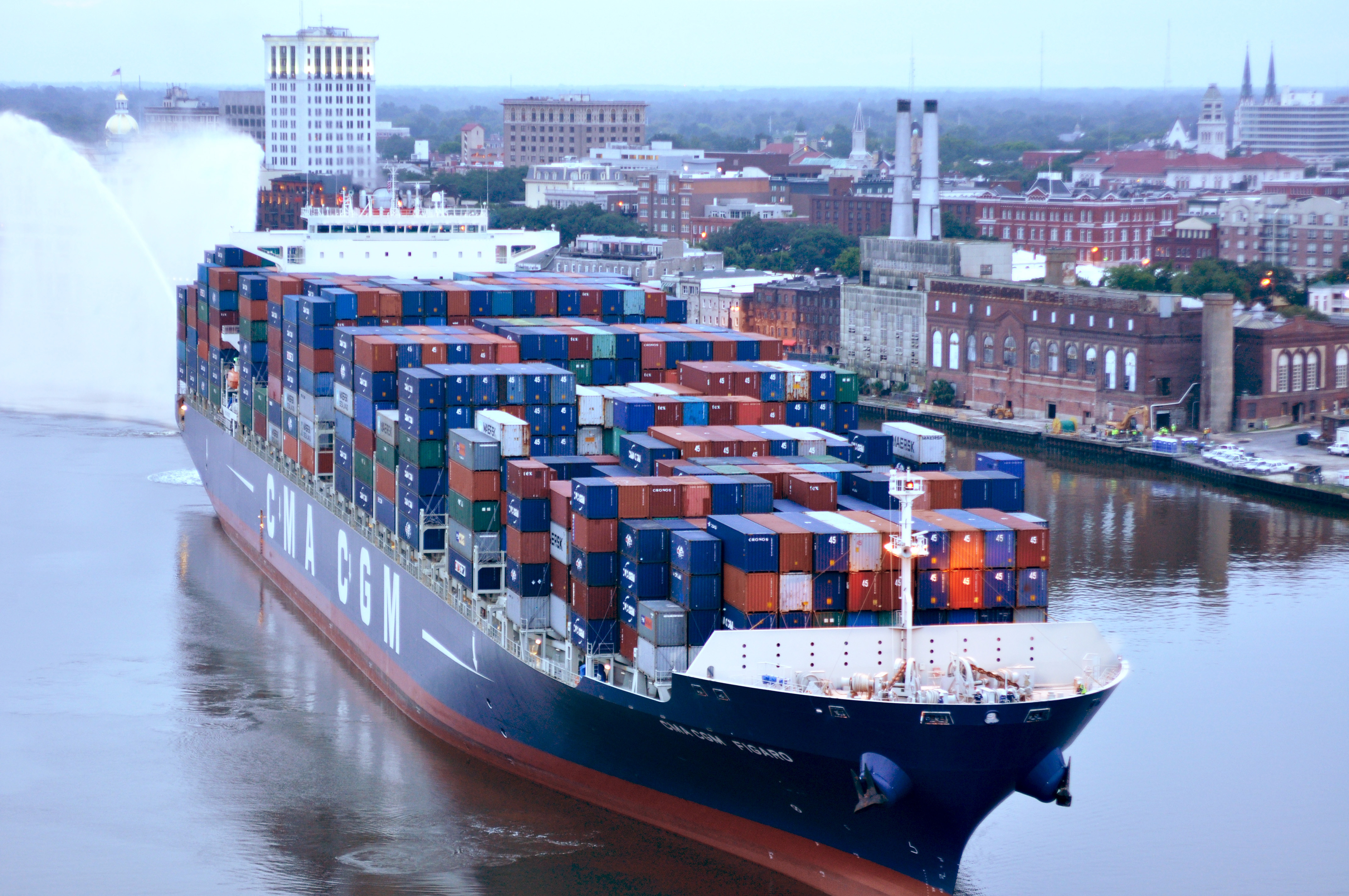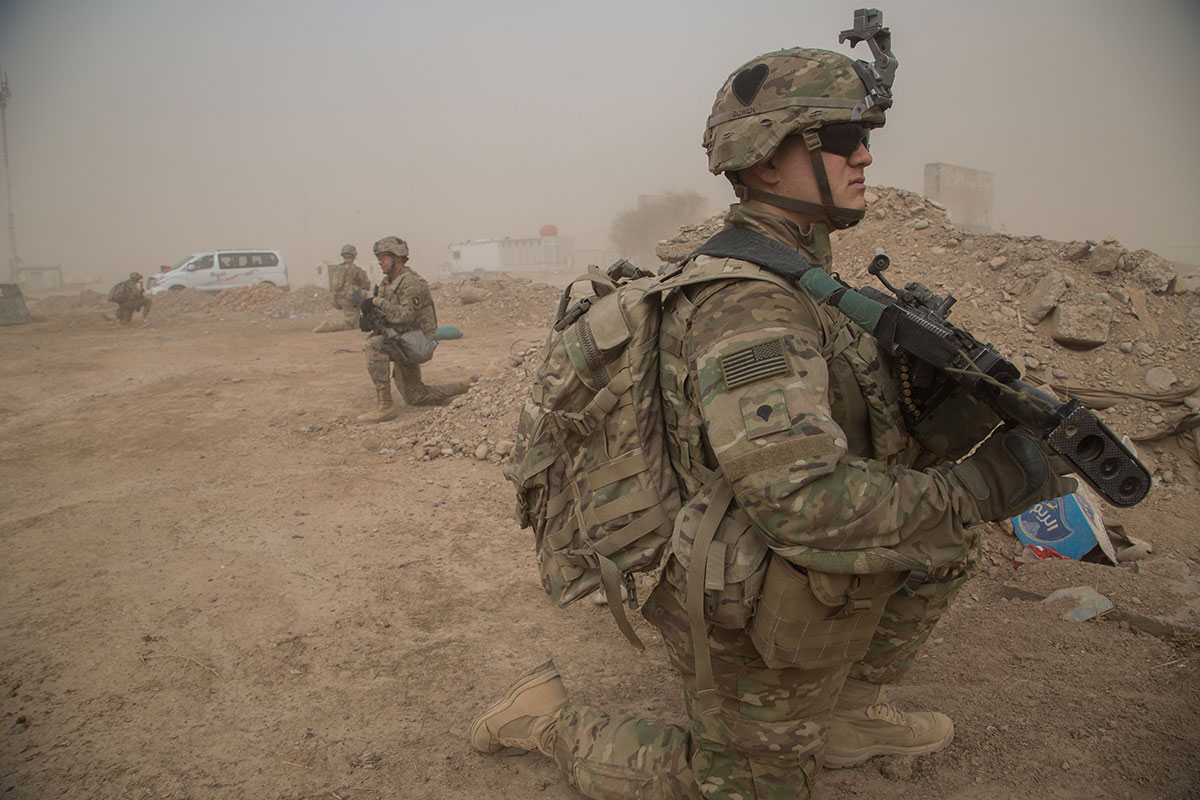
Politics & Society
How the unfit triumphed over the uninspiring

With mixed messages coming from the US President-elect, his likely economic impact is unclear
Published 18 November 2016
In his acceptance speech, Donald Trump spoke of a united nation and asked for guidance, support and help to create a brighter future for each and every citizen.
He then appointed Breitbart CEO Steve Bannon (whose website is the self-proclaimed “platform for the alt-right”, famous for racist and anti-Semitic harassment) as “Chief Strategist” and Myron Ebell (industry lobbyist and climate change denier) to lead the Environmental Protection Agency transition team.
Which Trump will we see? The uniter or the divider? And what are the economic and political economy implications of a Trump presidency?
Three economists from the University of Melbourne’s Faculty of Business and Economics provide some insights from their respective fields: international trade, environmental economics and political economy.

Professor John Freebairn, Ritchie Chair of Economics
President-elect Trump has said he will withdraw from existing trade deals and get tougher on trade relations, in particular with China, Canada and Mexico. It is clear his aim is for less free trade but there is little clarity on who will be hit hardest or what the spill-on effects might be.

Politics & Society
How the unfit triumphed over the uninspiring
The benefits of international trade are twofold – greater market access for exports where the country has a comparative advantage and better access to lower priced and greater variety of imports for products where the country has a comparative disadvantage.
But the expansion of international trade is often associated with job losses in the import competing industries and the need to acquire new skills or relocate to regain employment in the expanding export industries. Importantly, such industry restructuring and employment swapping is more heavily associated with technological change than with lower trade restrictions, with rising labour costs driving investment in technology to provide cheaper and better products.
Inconsistency of the Trump rhetoric about the specific details of his plans adds to uncertainty about the future for Australian international trade. The effects will vary greatly depending on his primary focus; whether it be against particular bilateral trade agreements, multilateral trade agreements, or higher barriers to some or all United States imports.
The plethora of bilateral trade agreements of recent decades often involve relatively small gains in national welfare. The benefits of increased trade between a few countries reallocate trade from non-member countries. They require country of origin assessment, which unnecessarily adds to compliance costs and red tape. A long-shot optimistic scenario is one where Trump’s attitudes to and actions on bilateral trade agreements reignite a global interest for negotiating multilateral agreements, creating a true open trade environment.
On the other hand, if the Trump administration goes straight for trade restrictions with particular focus on certain countries it would likely lead to retaliatory trade restrictions. In the long term, the world economy in general, and Australia in particular, could end up losing all the advantages of international trade.
The impact of lost markets for our export mining, education, tourism and agriculture industries would be astronomical, input costs for machinery and other inputs for all industries would rise, and consumers would face much higher prices and restricted options in transport, appliances, clothing and footwear.
Dr Eik Swee, Senior Economics Lecturer
Trump has repeatedly expressed unwillingness to engage internationally and wants to focus on rebuilding America domestically instead; he claimed, for example, that the US is paying too much and other countries too little in NATO to make Europe safe.
This, however, misses the point that there is in fact a dollar value to geopolitical initiatives (other than the direct benefit of world peace and stability). In particular, research has found that covert CIA operations on foreign soil during the Cold War in fact opened up markets and led to 28 per cent more US exports to those countries during the intervention years.

Politics & Society
New world order: Trump’s foreign policy
Perhaps ironically, Trump’s unwillingness to contribute to geopolitical initiatives is accompanied by his strong position on increased spending on the US military. US weapons manufacturers are already betting on higher Pentagon spending and greater foreign demand for US weapons under Trump, and this may have critical consequences elsewhere.
Evidence from research using declassified weapons sales data from the US, for example, has shown that there is a historical correlation between Republican regimes and higher weapons sales to foreign countries, and that these sales ultimately result in more civil wars in those countries.
From the perspective of a country purchasing the average amount of US$29 million per year worth of US weapons, having a Republican US President (relative to a Democratic one) will increase that amount to the tune of US$54 million, and that difference will increase the incidence of civil war by around four percentage points.
That being said, the partisan composition of the foreign affairs committees in the Senate and the House is the biggest determining factor in weapons sales. So, whether Trump or Clinton had been elected, we would still have been looking at a Republican-dominated Congress which is more eager to sell weapons than a Democratic one.

Under Obama, the US has shifted focus to Asia-Pacific, economically and politically. It is unclear whether Trump will have the power to reverse this rebalancing substantially. Trump is certainly unlikely to shut down US bases around the world or send US troops home in the short term. Economically, however, it appears he intends to forego the Trans-Pacific Partnership, Obama’s brainchild (which both Clinton and Trump are openly opposed to).
If Trump is uninterested in being the geopolitical hegemon, then that perhaps opens the door for other ambitious powers to take its place. Most notably, China has been engaging aggressively in recent years in this respect, having set up the Asian Infrastructure Investment Bank, which has already amassed capital that is half that of the World Bank.
Banner Image: An employee climbs into a Ford Motor Co. Super Duty Truck on the assembly line at the Ford Kentucky Truck Plant in Louisville, Kentucky, United States on September 30, 2016. Picture: Luke Sharrett/Bloomberg/Getty Images